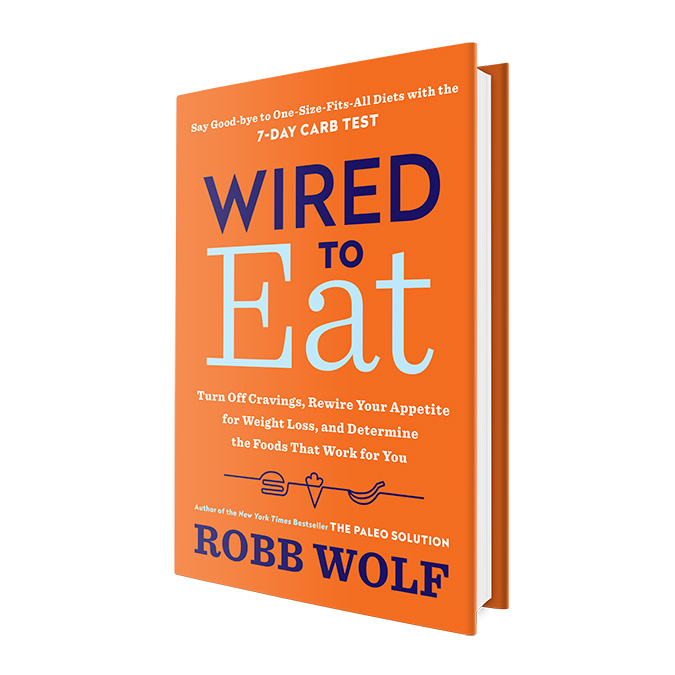Are you looking for a way to live a longer, healthier, and more fulfilling life? Getting fit and taking control of your health should be your top priority. With proper diet and exercise, you can be on your way to a lifetime of wellness so you can live your best life. Read on to learn how a fit and healthy lifestyle can help you achieve long-term wellness!
1. Eating for Positive Long-term Health
Start with the Basics: requires starting with the basics – proper nutrition and balanced diet. Incorporating a variety of foods in your meals from all the food groups – fruits, vegetables, grains, dairy, lean proteins, and healthy fats – is a great start to maintaining a healthy lifestyle. Planning your meals ahead of time can make it easier to stay on track.
Include Physical Activity: Aside from proper nutrition, another component to promoting positive long-term health is regular physical activity. This could include walking, jogging, biking, or any activity that you enjoy and will stick with over the long term. Be sure to start out slow and build gradually as you increase the intensity and duration of your workouts. With physical activity and healthy eating, you are setting the foundation of your health for the years to come.
2. Nourishment for a Fit & Healthy Life
Living a fit and healthy life is a great way to look and feel your best. But it’s difficult to stick to a routine without the right fuel. The good news is that nourishing your body doesn’t have to be complicated. Here are some great tips to help you along your journey of health and wellness.
- Eat whole foods. Choose natural, unprocessed foods wherever possible. Get creative in the kitchen with fresh, seasonal ingredients.
- Stay hydrated. Water is essential for good health. Aim to drink 6-8 glasses each day to ensure your body is functioning optimally.
- Eat a variety of proteins. Get your protein fix from a mix of sources, including legumes, nuts, seitan, or tofu. (Note: if you’re a meat-eater, opt for organic, free-range whenever possible.)
- Limit added sugars. Too much added sugar can lead to weight gain and negatively impact your overall health. Look for hidden sugar in processed foods, and choose fresh fruits and veggies for natural sweetness.
- Plan ahead. Cooking your own meals allows you to control what goes into your food. Spend some time during the week to plan and make your meals in advance.
Nourishing your body properly is just one part of the equation for feeling your best. Be sure to also get enough sleep, exercise regularly, and practice relaxation to keep your mind and body healthy.
3. Exercise your Way to Optimal Wellness
Physical exercise has countless benefits, both mental and physical. From increasing serotonin production in your brain, which relieves stress and improves your mood, to strengthening your bones and muscles and reducing your body fat. Regular exercise is vital for optimal wellness.
- Boost energy levels: Exercise can increase your energy levels, allowing you to feel more motivated and energised throughout the day.
- Reduce your risk of disease: Regular exercise has been shown to reduce your risk of type 2 diabetes, heart disease, some cancers and other lifestyle diseases. It is an important part of a healthy lifestyle.
- Feel happier and less stressed: Exercise has been linked to increased levels of endorphins, which are the hormones that give us a feeling of happiness and contentment. It can also help us deal better with stress and reduce depression symptoms.
No matter your age or current fitness level, getting regular exercise is integral for achieving optimal wellness. Whether you want to start a weight-lifting program, join a yoga class or just go for a jog in the park, your body will thank you for the physical and mental boost that exercise can bring.
4. Cultivate Lifelong Wellbeing through Eating & Exercise
Achieving and maintaining good health that can be enjoyed in later years requires taking care of not just the body but also the mind and spirit. Eating nourishing meals and staying active is essential for keeping the body energized and strong to combat the changes that come with age. Here are some simple and easy ways to cultivate lifelong wellbeing through eating and exercise.
- Eating – Start by incorporating healthy eating habits early and stick to it. Increase intake of nutrient-rich foods like vegetables, fruits, grains and protein. Cut back on sugars and processed foods. Reduce your portion sizes and strive to include new food items in your diet.
- Exercise – Include some physical activity in your weekly routine. It can be as simple as a ten minute walk or an hour-long gym session. Choose what you’re comfortable with and what suits you. Add something that makes you sweat like a brisk walk, running or a game of Frisbee. Regular exercise can also boost mood, reduce stress and aid in weight control.
You don’t have to take it too hard on yourself. Make gradual adjustments and skillful decisions to form these habits. You can start today towards a happier, healthier you for the long run!
Often Asked
Q: How can I start becoming more fit and healthy?
A: Actually, the first step is already within reach: get educated on the basics of fitness and nutrition. Once you have that knowledge, it’s easier to build a custom plan with achievable goals to reach your desired wellness.
Q: How important is exercise for long-term wellness?
A: Exercise is key for maintaining good physical and mental health over time. Regular physical activity can help you maintain a healthy weight, stay strong, and boost your overall mood. Plus, it’s also great for building muscles, improving cardiovascular fitness, and reducing stress.
Q: What about diet for long-term wellness?
A: Your diet is one of the most important components of long-term wellness. Eating plenty of lean proteins, fruits and vegetables, healthy fats, and whole grains can help keep you energized and provide key nutrients for a healthy lifestyle. Additionally, it’s often helpful to keep a balance between healthy meals and occasional indulgences, as it can help keep you satisfied and prevent overeating.
By taking steps to focus on nutrition, exercise, and overall health, you can achieve true wellbeing. After all, wellness is a long-term endeavor. So make sure to take the time to invest in yourself—your body and your mental health—and you’ll be surprised by the transformation. Here’s to you, and cheers to a lifetime of good health!



